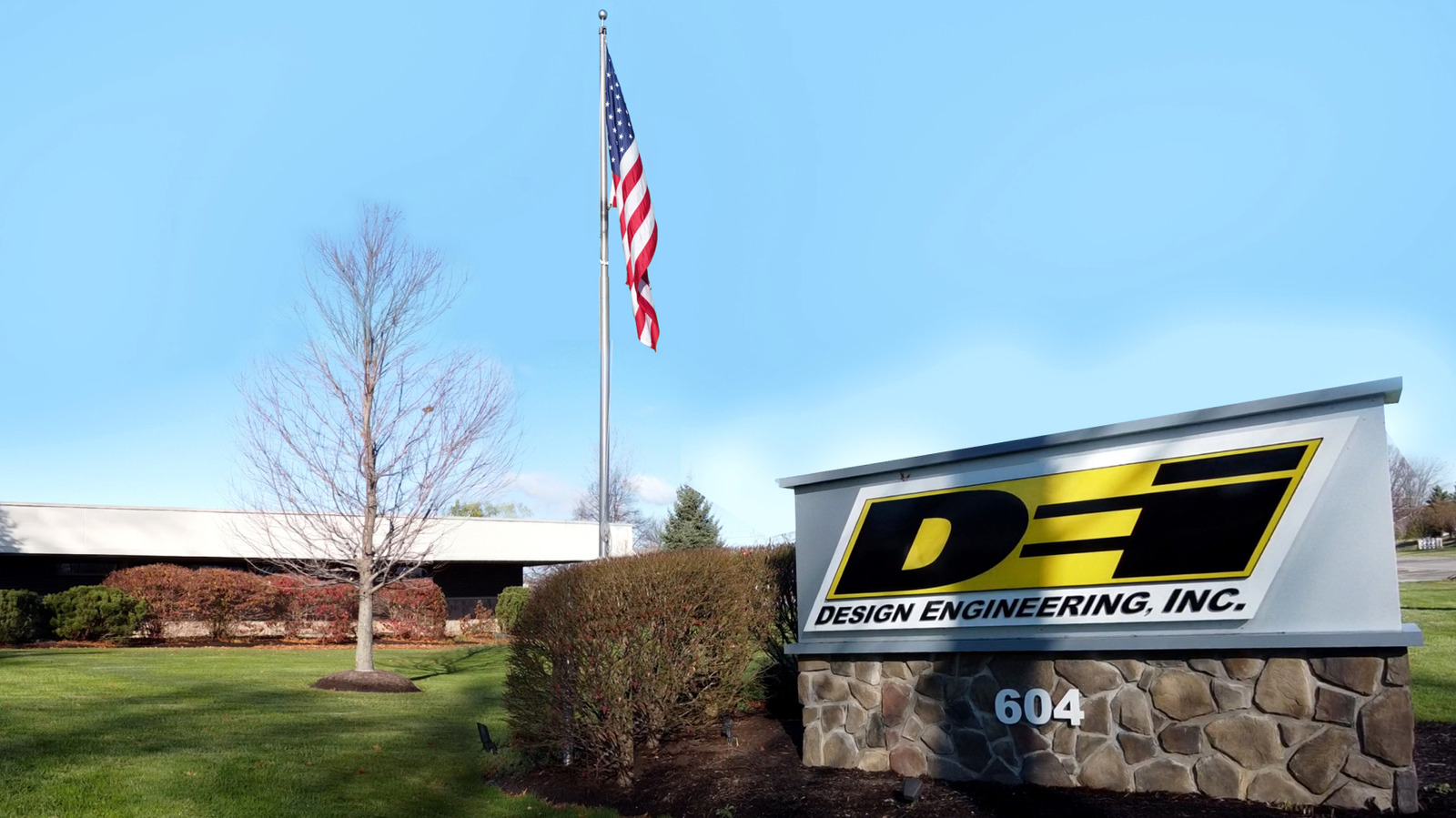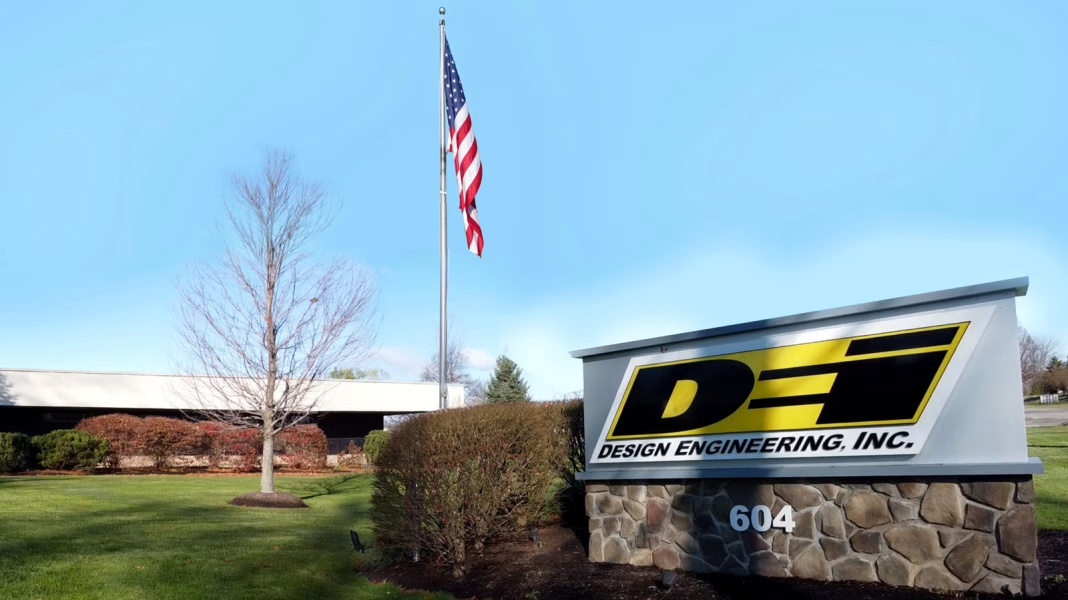Ohio-based Design Engineering, Inc. (DEI) has recently found itself in a surprising spotlight, navigating the turbulent waters of today’s culture wars. Known primarily for its innovative heat and sound insulation products, DEI has become an unexpected player in a broader societal debate, sparking discussions that extend far beyond the automotive industry.
What’s Behind the Controversy?
At the heart of the matter is DEI’s involvement in a political controversy that has captured national attention. The company, which has built its reputation on providing high-quality insulation solutions for vehicles, has unwittingly stepped into a heated discussion surrounding free speech and corporate responsibility. This situation arose when DEI’s products were linked to a political figure whose views have polarized public opinion.
For many businesses, especially those in the manufacturing sector, the challenge lies in balancing corporate identity with the personal beliefs of their leadership or employees. DEI is no exception. The company’s products are used by a diverse range of customers, from car enthusiasts to professional racers, and the potential fallout from political associations can be significant.
How Are Companies Navigating the Culture Wars?
The culture wars are reshaping how companies engage with their customers and the public. Businesses are increasingly aware that their actions—or inactions—can lead to backlash or support from various segments of society. For DEI, this means reassessing its public relations strategy and how it communicates its values.
Many companies are adopting a more transparent approach, openly discussing their stances on social issues. This can foster loyalty among consumers who share similar values. However, it can also alienate those who disagree. For DEI, this balancing act is particularly delicate, as it must consider its diverse customer base while also navigating the potential repercussions of political affiliations.
Real-World Examples of Corporate Responses
Several companies have faced similar dilemmas and have responded in various ways. For instance, some have chosen to remain neutral, focusing solely on their products and services. Others have taken a stand, aligning themselves with causes that resonate with their brand identity. A notable example is Patagonia, which has been vocal about environmental issues, appealing to a customer base that values sustainability.
In contrast, companies like Chick-fil-A have faced backlash for their donations to organizations with controversial stances. This has led to boycotts and public outcry, demonstrating the risks involved in taking a political stance. For DEI, the key takeaway may be to carefully consider how its brand aligns with its public persona and the potential impact on its customer relationships.
What’s Next for DEI?
As DEI navigates this complex landscape, it’s essential for the company to engage with its community—both online and offline. Listening to customer feedback can provide valuable insights into how its audience feels about the current situation. Moreover, fostering open dialogue can help mitigate misunderstandings and build trust.
The big takeaway? Engaging in today’s culture wars isn’t about perfection—it’s about making smarter adjustments. DEI has an opportunity to redefine its narrative, focusing on its core mission of providing quality products while being mindful of the broader societal context. By starting with one change this week—perhaps enhancing communication with customers or clarifying its corporate values—DEI can likely spot a positive shift in perception by month’s end.
In a world where every action is scrutinized, finding that balance between business and belief is crucial. For DEI, the journey ahead may be challenging, but it also holds the potential for growth and deeper connections with its audience.


